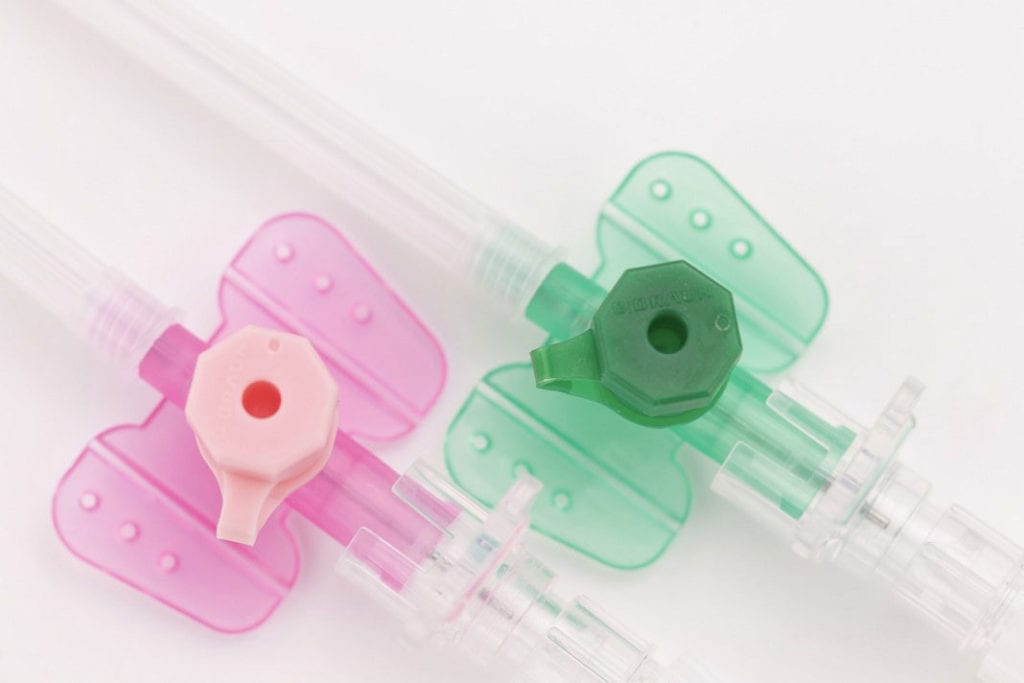According to a recent press release, biopharmaceutical company Kedrion Biopharma (“Kedrion”) achieved an important milestone in its Phase 3 CARES10 trial: the last treated patient. During the CARES10 trial, researchers evaluated 10% intravenous immunoglobulin (IVIG) for patients with primary immunodeficiency (PI).
CARES10 Trial
During the CARES10 clinical trial, researchers evaluated the safety, efficacy, tolerability, and pharmacokinetics of IVIG for patients with PI. Altogether, 47 patients enrolled in the trial. The trial is designed to analyze how IVIG affected patient infection rates, quality of life (QOL), and immune function.
During the trial, IVIG was administered intravenously. Patients received between 200 to 800mg/kg depending on body weight. The treatment was administered on either a 3-week or 4-week period for at least three infusions. As of today, all 47 patients within the trial have finished treatment. Moving forward, researchers can focus on more deeply analyzing the results of the study.
Primary Immunodeficiency (PI)
Nearly 250,000 Americans have primary immunodeficiency (PI), which consists of a variety of rare, inherited immune system disorders. There are over 200 forms of PI. Gene mutations cause these disorders by preventing proper immune system function. Examples of PI include severe combined immunodeficiency disease (SCID) and chronic granulomatous disease (CGD).
Severe Combined Immunodeficiency Disease (SCID)
Most commonly, SCID is caused by a gene mutation on the X chromosome. Patients with SCID have little to no immune response and, as a result, experience difficulties in fighting infections. Informally, SCID is known as “bubble boy disease.” Symptoms include:
- Poor growth
- Chronic diarrhea
- Frequent infections
- Rashes
- Oral thrush
- Failure to thrive
Chronic Granulomatous Disease (CGD)
There are five different gene mutations which cause CGD, all of which affect the phagocyte NADPH oxidase enzyme. Normally, this enzyme produces hydrogen peroxide, killing bacteria and fungi. However, gene mutations prevent enough of this enzyme from occurring. As a result, patients with CGD have defective phagocytes which cannot kill bacteria and fungi. Symptoms include:
- Eczema
- Impetigo (blisters or sores, specifically on the face)
- Abscesses
- Diarrhea
- Frequent infections
- Swollen lymph nodes
- Vomiting
- Unintended weight loss
- Osteomyelitis (bone marrow inflammation)






